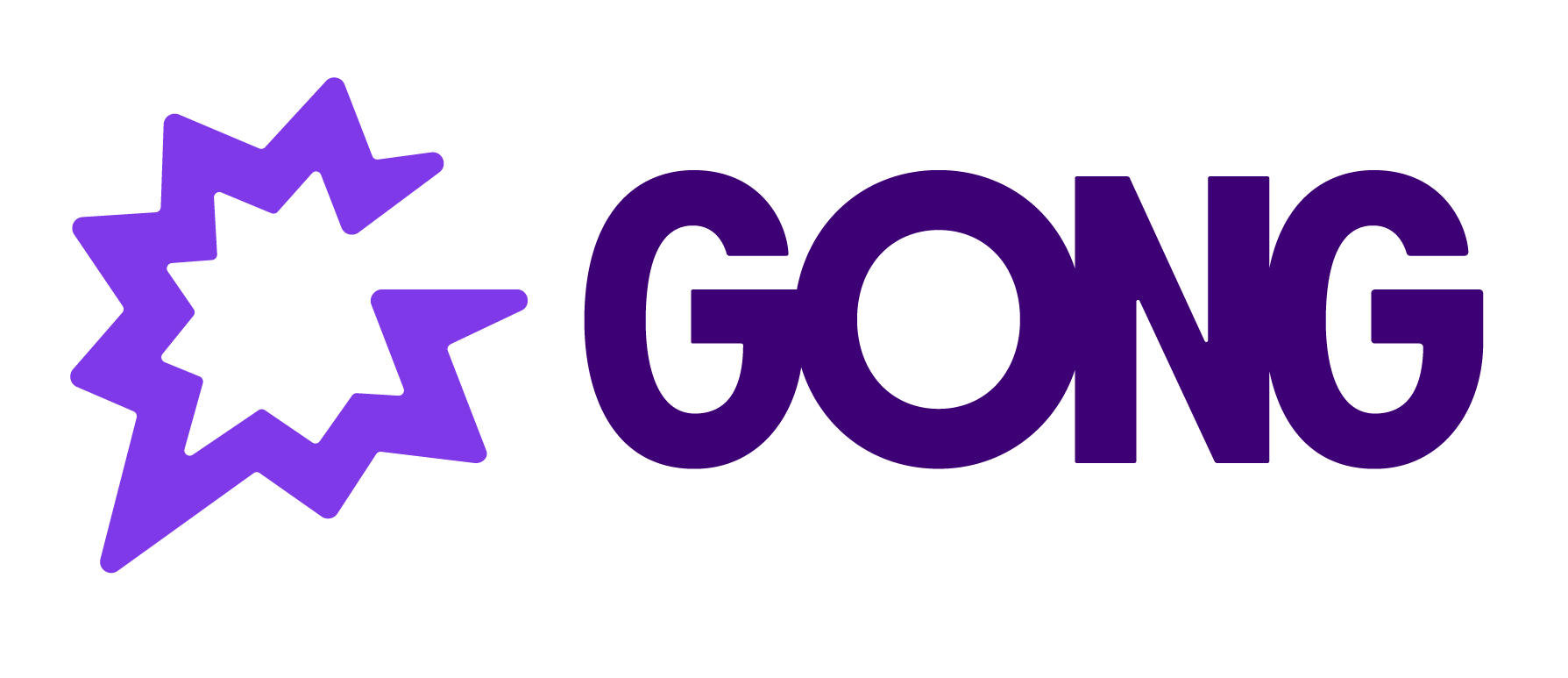@steve it’s filter not filters
try it without the s
Hi Steve,
Thanks for posting here!
With the v2/calls endpoint being a GET request, you do not need to supply a JSON Body as required by the /v2/calls/extensive endpoint which accepts a POST request.
Instead, you should append the fromDateTime and toDateTime as URL Query Parameters with your GET request to v2/calls.
For example:
/v2/calls?fromDateTime=2018-02-18T02:30:00-07:00&toDateTime=2023-12-31T02:30:00-07:00
Alternatively, if you do want to retrieve a more robust set of insights related to call data you can use the v2/calls/extensive endpoint. Below is an example JSON body that you can send with this POST request to retrieve all available call data from the provided fromDateTime.
{
"contentSelector": {
"context": "Extended",
"contextTiming": "
"Now",
"TimeOfCall"
],
"exposedFields": {
"collaboration": {
"publicComments": true
},
"content": {
"pointsOfInterest": true,
"structure": true,
"topics": true,
"trackers": true,
"trackerOccurrences": true,
"brief": true,
"outline": true,
"highlights": true,
"callOutcome": true,
"keyPoints": true
},
"interaction": {
"personInteractionStats": true,
"questions": true,
"speakers": true,
"video": true
},
"media": true,
"parties": true
}
},
"filter": {
"fromDateTime": "2018-02-17T02:30:00-08:00"
}
}
Note: with both the v2/calls and v2/calls/extensive endpoint you don’t have to provide a toDateTime parameter if you’re looking to get all calls from a given date (fromDateTime)
I hope this helps!
Thanks that got me settled.
